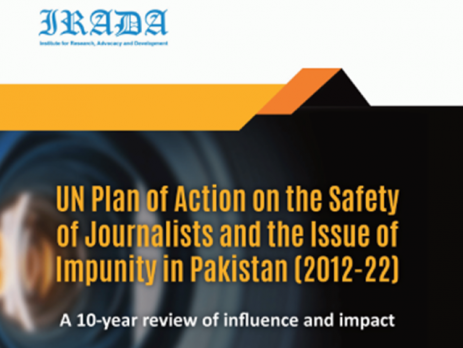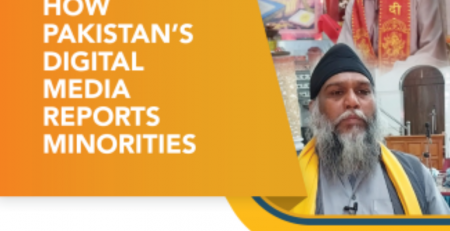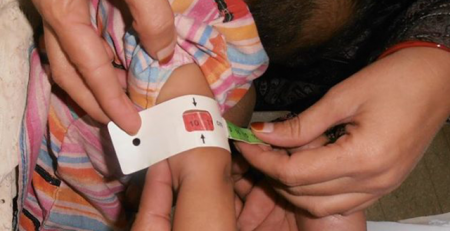The safety of journalists and media workers is of great concern to each and every one of us. It is a prerequisite for preserving the fundamental right to freedom of expression for all – the right to seek, receive, and impart information. Information is the lifeblood of an inclusive and democratic society and without it, no one is able to make any knowledgeable decision about the issues which affect him or her.The scale and number of attacks on the media around the world – a vast majority of which committed with impunity – have contributed to the high level of personal risk that journalists and media workers face in carrying out their job. As the ultimate form of censorship, every five days a journalist is killed for bringing information to the public.
The killing of a person for their journalism not only brutally eliminates that person’s right to freedom of expression – it also puts a symbolic gag around the same right for every citizen. Attacks such as online threats and harassment, especially of women journalists, intimidate everyone and interfere with the free flow of information. A silenced journalist mutes the voices of the people and curbs their right to know. The result is a society where fearful citizens resort to self-censorship and where it is not possible to make informed decisions.The widespread climate of impunity fuels a vicious cycle of violence, bolstering those who aim to silence public debate and block sensitive information. In response, the United Nations has worked with media, NGOs, academia and governments to develop the UN Plan of Action on the Safety of Journalists and the Issue of Impunity (UN Plan). The rule of law and justice for journalists are crucial in safeguarding freedom of expression and freedom of information, and contribute to the achievement of the new Sustainable Development Goals.I




